Keynotes Infomation
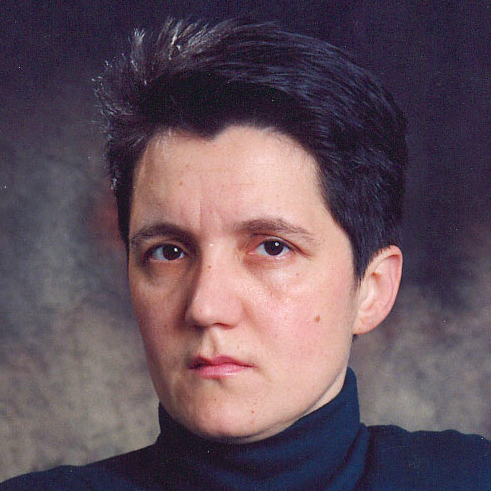
Mirjana Ivanovic
Mirjana Ivanovic holds the position of Full Professor at Faculty of Sciences,
University of Novi Sad, Serbia. She is author or co-author of 14 textbooks, several
monographs and more than 350 research papers, most of which are published in international
journals and conferences. She is a member of the University Council for Informatics.
Her research interests include agent technologies, intelligent techniques (CBR, data and web mining) and their applications, effects and applications of various data mining and machine learning algorithms, programming languages and software tools, e-learning and web-based learning. She is/was a member of Program Committees of more than 250 international conferences, Program/General Chair of several international conferences, and leader of numerous international research projects. Mirjana Ivanovic delivered several keynote speeches at international conferences, and visited numerous academic institutions all over the world as visiting researcher. Currently she is Editor-in-Chief of the Computer Science and Information Systems journal. (e-mail: mira@dmi.uns.ac.rs).
Title:The Role of Agent Technologies in Personalized Medicine
Abstract: Remarkable gains in life expectancy and declines in fertility have led current society to an ageing global population. On the other hand there is significant number of disabled people who needs adequate medical support. Accordingly numerous researcher communities, stakeholders, and policy makers invest serious efforts to support development of ambient assisted living, smart and intelligent environments that have to facilitate independent living of old and disabled population. Rapid, fascinating, and challenging development in ICT offers wide range of new technologies to facilitate these efforts. Rich complex data collected from living environment could be analyzed in order to discover the patient's preferences, traits, and states. Current multidisciplinary research efforts are oriented towards developing personalized and sophisticated e-coaching facilities to boost adequate recommendations and advices to increase patients’ wellbeing.
Among other artificial intelligence techniques, agent technologies significantly influence development of intelligent and smart architectures and tools in medical domains. The use of agents and multi agent systems opened the ways to find out new applications like personalized and socialized medical platforms and systems with tailored recommendation capabilities. In this presentation different opportunities and challenges that agent technologies offer in personalized medicine are discussed.
Her research interests include agent technologies, intelligent techniques (CBR, data and web mining) and their applications, effects and applications of various data mining and machine learning algorithms, programming languages and software tools, e-learning and web-based learning. She is/was a member of Program Committees of more than 250 international conferences, Program/General Chair of several international conferences, and leader of numerous international research projects. Mirjana Ivanovic delivered several keynote speeches at international conferences, and visited numerous academic institutions all over the world as visiting researcher. Currently she is Editor-in-Chief of the Computer Science and Information Systems journal. (e-mail: mira@dmi.uns.ac.rs).
Title:The Role of Agent Technologies in Personalized Medicine
Abstract: Remarkable gains in life expectancy and declines in fertility have led current society to an ageing global population. On the other hand there is significant number of disabled people who needs adequate medical support. Accordingly numerous researcher communities, stakeholders, and policy makers invest serious efforts to support development of ambient assisted living, smart and intelligent environments that have to facilitate independent living of old and disabled population. Rapid, fascinating, and challenging development in ICT offers wide range of new technologies to facilitate these efforts. Rich complex data collected from living environment could be analyzed in order to discover the patient's preferences, traits, and states. Current multidisciplinary research efforts are oriented towards developing personalized and sophisticated e-coaching facilities to boost adequate recommendations and advices to increase patients’ wellbeing.
Among other artificial intelligence techniques, agent technologies significantly influence development of intelligent and smart architectures and tools in medical domains. The use of agents and multi agent systems opened the ways to find out new applications like personalized and socialized medical platforms and systems with tailored recommendation capabilities. In this presentation different opportunities and challenges that agent technologies offer in personalized medicine are discussed.


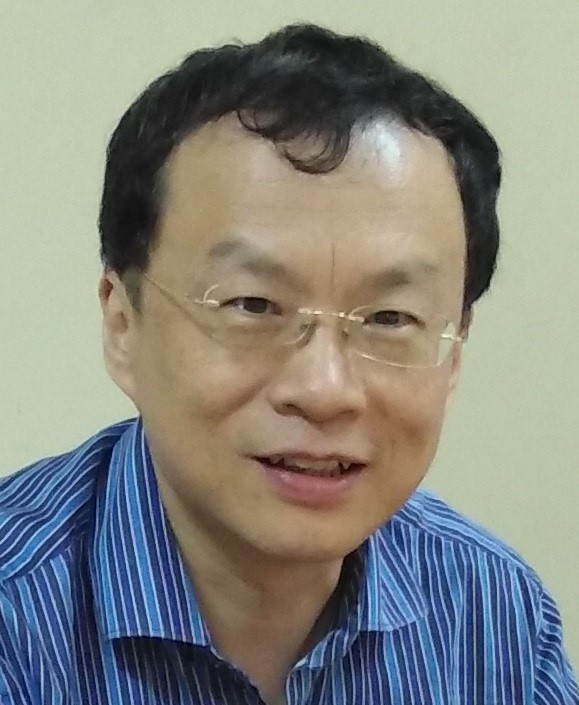
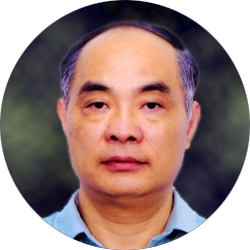

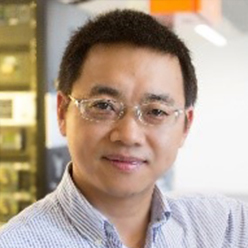
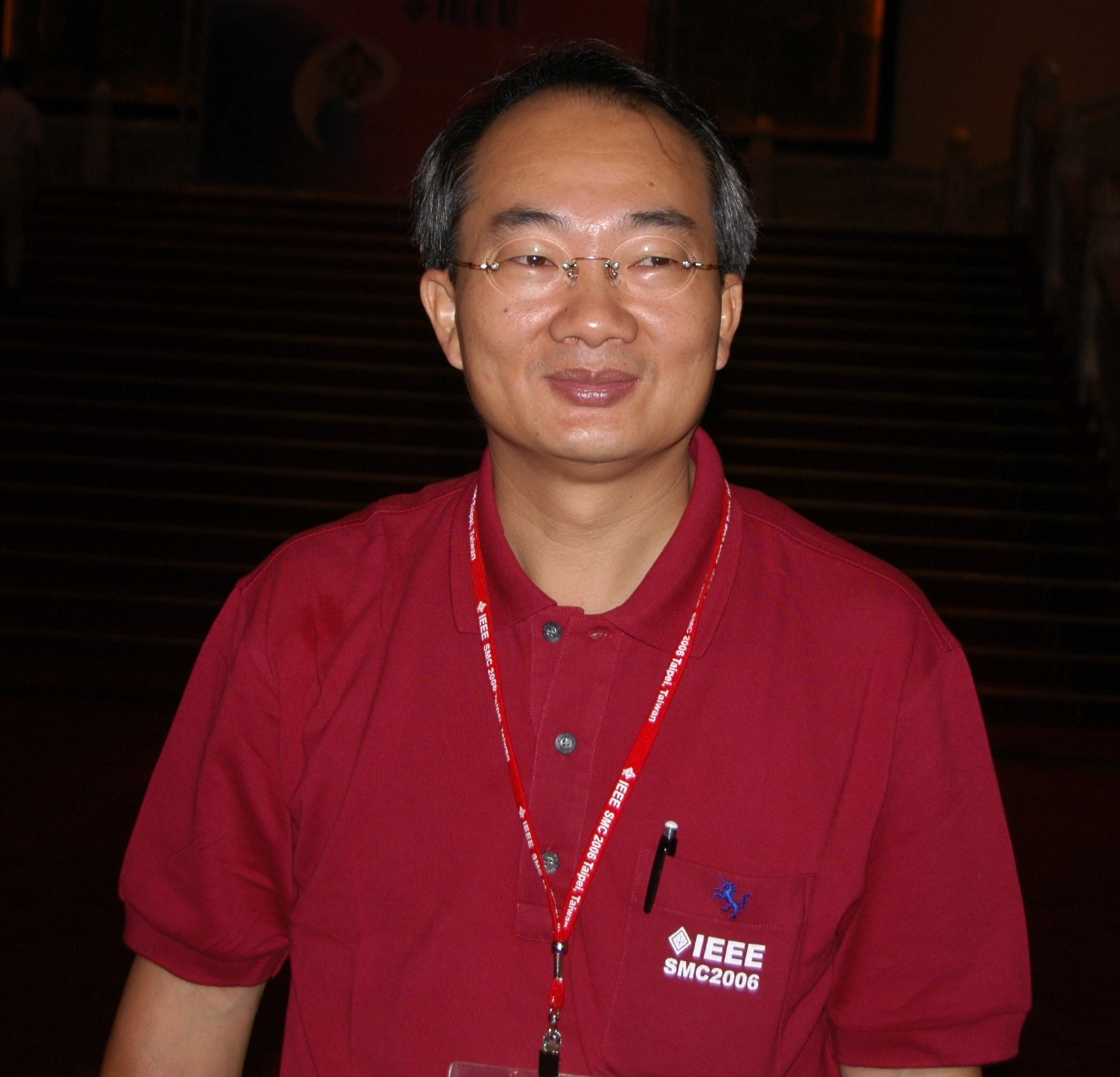


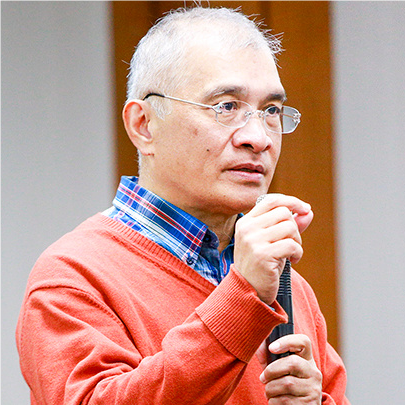



 hsi@ce.ecnu.edu.cn
hsi@ce.ecnu.edu.cn